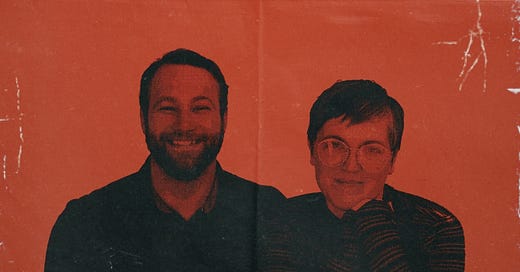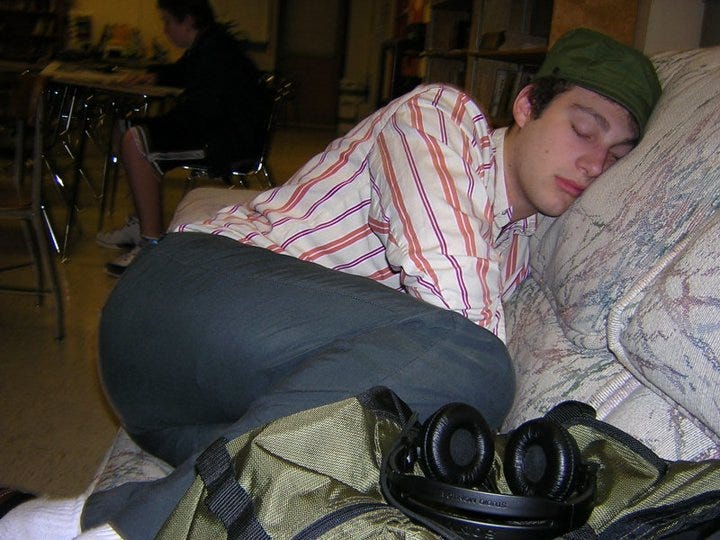Therapy for Survivors of Religious Authoritarian Parenting
What are the barriers to getting the support needed to heal from religious authoritarian parenting? And what kinds of therapies are the most helpful?
Last week, we created a resource that you can share with your therapist about the impact of religious authoritarian parenting, and next week we’ll have a follow up explaining how this kind of parenting impacts family dynamics. This week, in a post for our paid subscribers, we’re discussing the barriers to engaging in therapy and what kinds of therapy tend to be helpful for those who grew up under religious authoritarian parenting.
TW: mention of childhood sexual abuse
For me (Krispin), freshman year of college was one of the most difficult years of my life. I’d enrolled in a small Bible college in Portland, Oregon, but my parents lived overseas as missionaries at the time. So while my classmates went home on breaks, I was shuffled between family friends and extended family members, separated from my family for the whole of the year. That’s a significant thing for any teenager, but it was especially devastating for a very sensitive kid like me. At the same time, that year I began to have memories of sexual abuse that had occurred in childhood, and my brain was trying to make sense of what happened to me. Inevitably, I found myself coping with the overwhelm of it all through a variety of methods that just made me feel worse. I really needed therapy, and I was really scared of therapy.
Growing up in white evangelicalism, I was taught to be wary of psychology in general, but I’d had some good experiences with Christian counselors, whether it was member care staff for the mission organization, or books by Christian psychologists. The idea of therapy, in the abstract, sounded like a positive one. But I couldn’t imagine it being helpful for me.
I was sure that a therapist, if I let them see the true me, would confirm what I already deeply felt: you are broken and you need to change who you are if you’re ever going to be okay. I expected that a therapist would point out all the defective parts of me. But I already felt overwhelmed with how broken I was, I couldn’t imagine receiving feedback from an outside source about what they thought was wrong with me.
Plus, I already knew why I felt so bad: I wasn’t looking to Jesus to help me with all the pain I was experiencing. The fact that I wasn’t feeling better meant that I was failing in my spiritual life. And I knew I was failing, there was evidence everywhere that I was not being a good Christian. Not only was I avoiding spiritual practices like prayer and Bible reading, I kept sinning—whether it was looking at porn, or the weekend I tried marijuana for the first time with friends who went to a state college.
A counselor, I reasoned, would just tell me about the ways I was failing. But I already knew that I should be praying more, and looking to God to meet my emotional needs, and to stop sinning. I didn’t need a counselor to tell me how I was doing it wrong, I was acutely aware.
But as memories of sexual abuse continued to arise, I found myself in a crisis point, desperately needing support. So I found myself in the dean’s office of my small Bible college, crying in the waiting room, waiting to speak to the counselor there.






